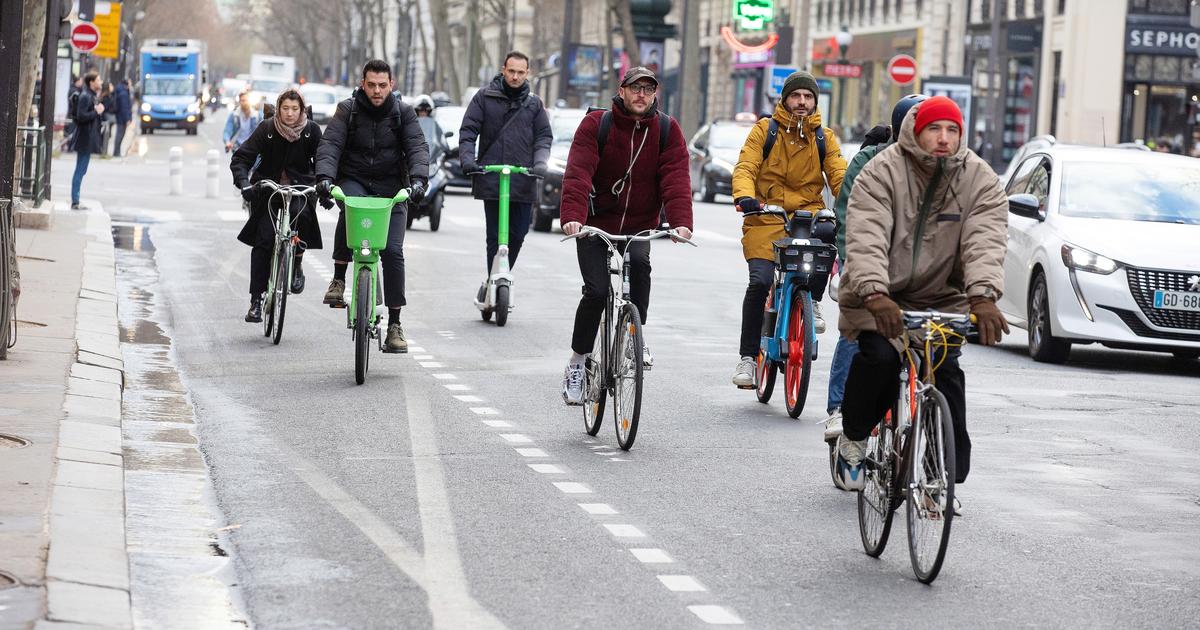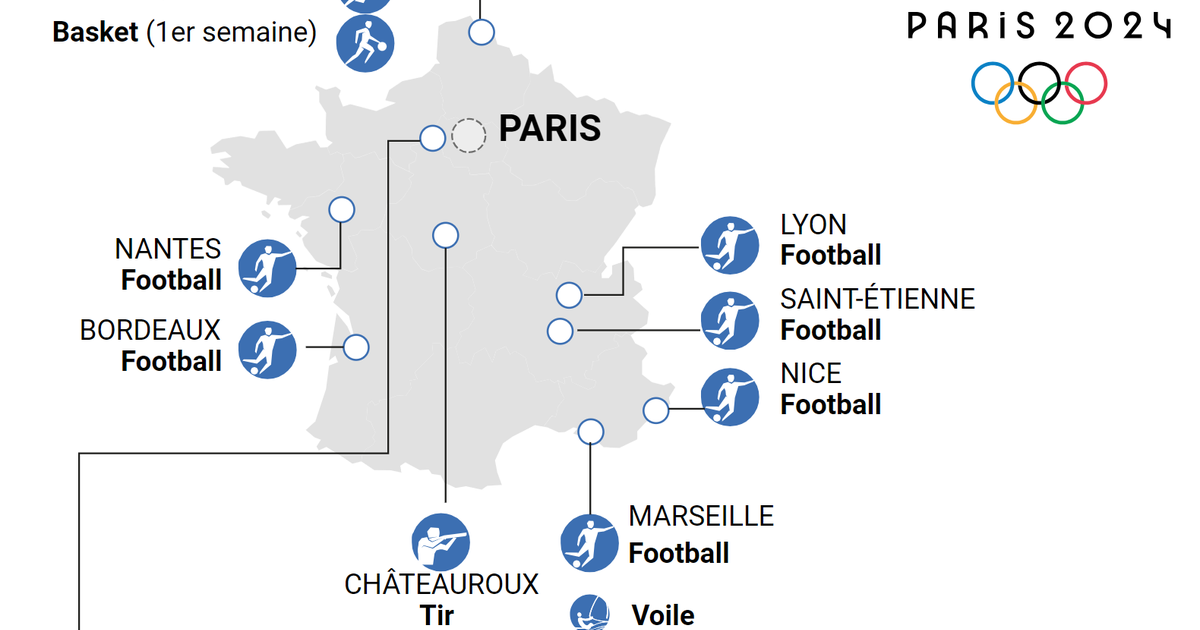It is very timely, in the middle of the municipal campaign. The second "barometer of cycling cities", a major survey by the Federation of bicycle users (FUB), was released on Thursday.
Analysis of the results shows that the Paris region has made significant progress compared to 2017, the date of the first edition. "30% of the 148 classified cities have improved," welcomes the Ile-de-France bike collective, which brings together 34 associations in more than 80 municipalities. Even if, he adds, "a lot remains to be done for Ile-de-France to become a large cycling region".
Quality of cycle paths, respect for these spaces by motorists, bicycle rental system, repair workshop, involvement of the city, safety level ... From September to November 2019, all cyclists were invited by the FUB to respond to a online questionnaire on these themes in their municipalities. New in the 2019 edition: cyclists could place the “black spots” and the priority axes to be developed on an online map.
The number of participants has exceeded forecasts. Nearly 185,000 responses were recorded at the national level, an increase of + 63% compared to 2017. In Ile-de-France alone, 31,000 inhabitants responded: that's twice as much as in 2017.
The bike is "neither left nor right"
The avowed objective of this barometer is to encourage candidates for municipal elections to take this diagnosis into account and propose ambitious "bicycle plans". "In terms of cycling, it doesn't matter whether you are on the right, on the left, in the small or large crown, it is the presence of a bicycle policy that is rewarded here," says the IDF bicycle collective.
In the barometer, each city is assigned a score ranging from 1 (negative) to 6 (positive), based on the average obtained on the five themes of the questionnaire. The municipalities are then classified on a scale ranging from A + (excellent) to G (very unfavorable) to qualify the "cycling climate". Respondents could also assign a "dynamic score" to assess the progression or deterioration of the traffic conditions of cyclists over the past two years.
Sceaux (92) and Versailles (78) among the best students
The municipalities of Sceaux in the Hauts-de-Seine, Versailles and Montigny-le-Bretonneux in the Yvelines are the highest ranked in the region. Sceaux (3.97 out of 6), 4th nationally for the category of cities with less than 20,000 inhabitants, wins the regional gold medal, with a B (favorable climate). Versailles (3.64) is ranked 3rd nationally in the category of cities with 50,000 to 100,000 inhabitants (C). A category where we also find in good places Saint-Germain-en-Laye (3.44) and Guyancourt (3.43) also in the Yvelines.
The congratulations of the jury finally go to Montigny-le-Bretonneux (3.61) which integrates the top 4 of cities with 20,000 to 50,000 inhabitants, and to Loges-en-Josas (3.86), still in the Yvelines.
Paris, Joinville-le-Pont and Montreuil made the most progress
Paris only gets a D (“moderately favorable” climate), but enjoys an excellent “dynamic” rating, thanks to the progress made by the two-way cycle paths completed in 2019. The capital, rated 3.24 out of 6, against 3.16 in 2017, rose from 7th to 4th place in cities with more than 200,000 inhabitants, behind models like Strasbourg (Bas-Rhin), Nantes (Loire-Atlantique) and Rennes (Ille-et-Vilaine ).
Newsletter - The essentials of the news
Every morning, the news seen by Le ParisienI'm registering
Your email address is collected by Le Parisien to allow you to receive our news and commercial offers. Find out more
"Paris undeniably has a locomotive effect for the other cities of the metropolis," adds Louis Belenfant, director of the IDF bicycle collective. The progression in the ranking of 44 cities shows that it is possible to improve the situation quickly, thanks to a proactive bicycle policy ”.
Green, dangerous but economical ... What Parisians think of cycling
Montreuil (3.15), in Seine-Saint-Denis, won the 6th national place for cities with 100,000 to 200,000 inhabitants thanks to its progress, despite a D. Joinville-le-Pont (94), Maisons-Alfort, Bures-sur-Yvette (91), Avon (77), Melun (77) and Massy (91) have seen their score rise sharply in two years.
Dozens of municipalities lag behind
But "velorution" still seems very distant in many municipalities. The department of Seine-Saint-Denis is thus considered globally unwelcoming for bikes. Aubervilliers, Bagnolet, Aulnay-sous-Bois, Ile-Saint-Denis, Saint-Ouen or Romainville have very low notes and a G, synonymous with a “very unfavorable” cycling climate. Ditto for Argenteuil in the Val-d'Oise. 20% of Ile-de-France cities even regressed in the ranking between 2017 and 2019. Among them: Châtenay-Malabry (92), Conflans-Sainte-Honorine or even Saint-Cyr-l'Ecole in the Yvelines.
It is now up to the candidates to propose investments to facilitate the use of the bicycle as a means of daily transportation. Within the municipality but also in collaboration with neighboring cities, in particular by developing secure tracks.
The IDF bicycle collective proposes in particular to create a “RER bicycle”, to link the entire region through 9 routes and 650 km of secure trails. Today, "only 6% of classified cities have secure connections with neighboring municipalities", deplores the collective.









